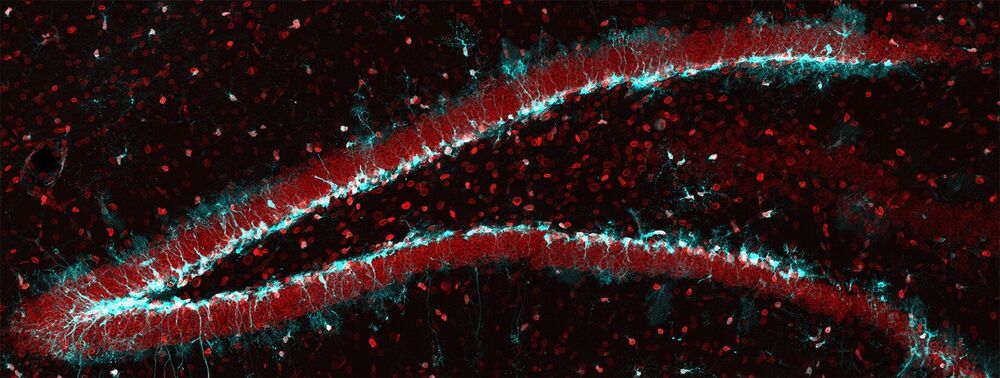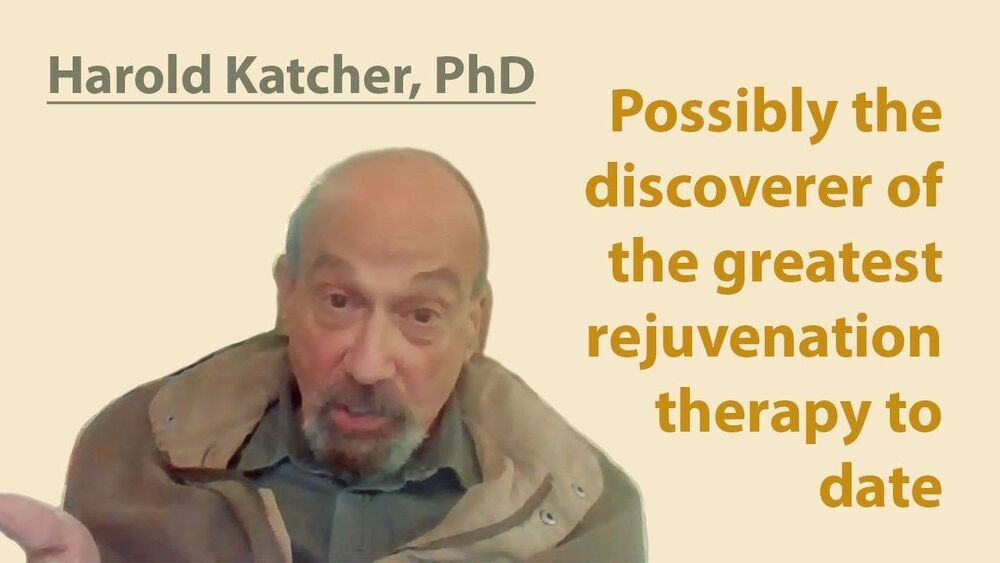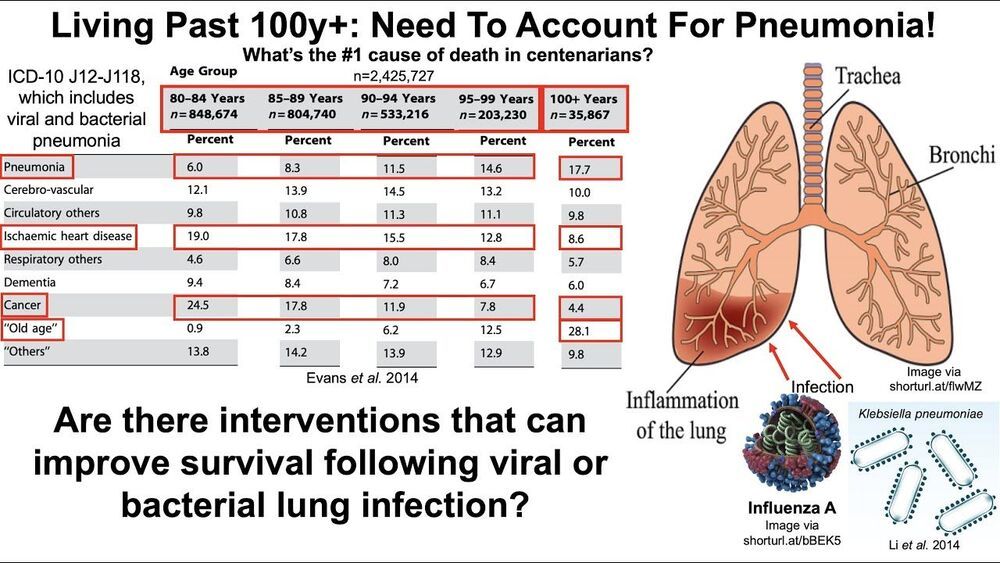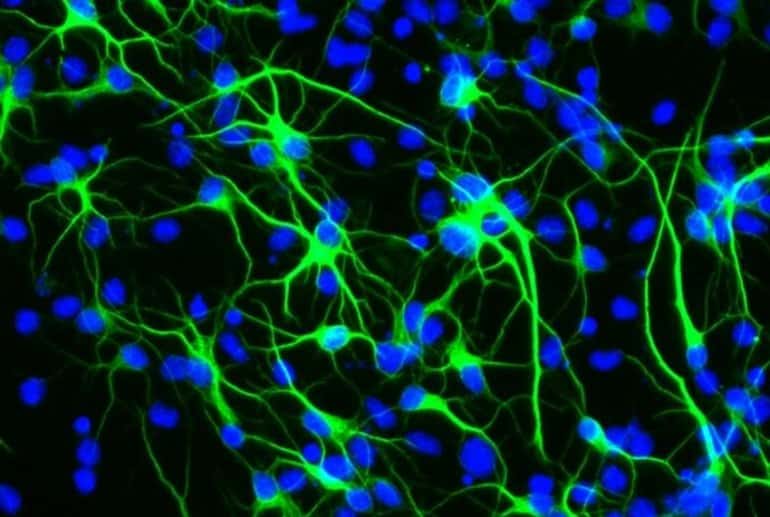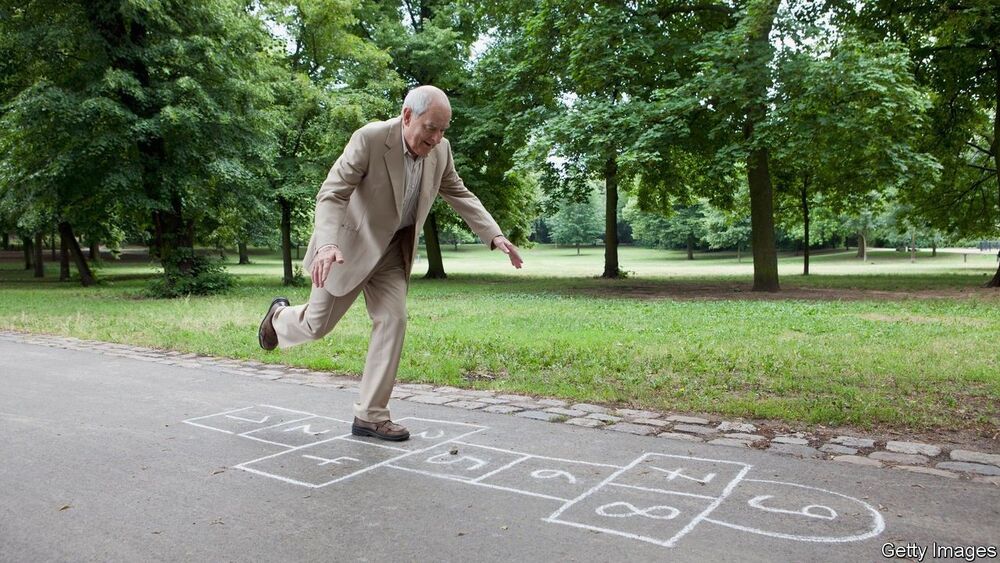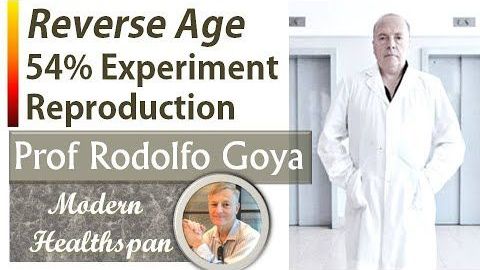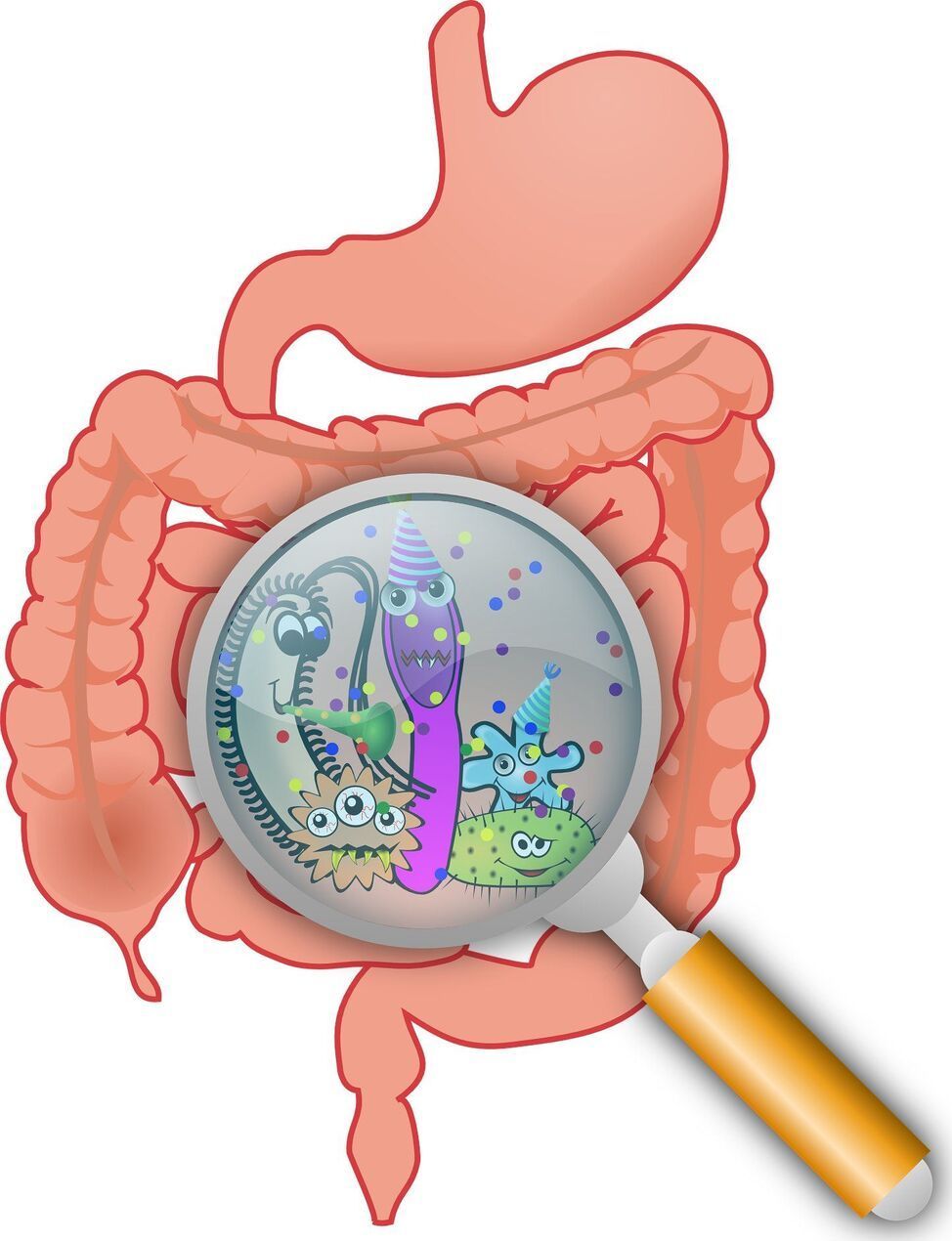
Muscle constitutes the largest organ in humans, accounting for 40% of body mass, and it plays an essential role in maintaining life. Muscle tissue is notable for its unique ability for spontaneous regeneration. However, in serious injuries such as those sustained in car accidents or tumor resection which results in a volumetric muscle loss (VML), the muscle’s ability to recover is greatly diminished. Currently, VML treatments comprise surgical interventions with autologous muscle flaps or grafts accompanied by physical therapy. However, surgical procedures often lead to reduced muscular function, and in some cases result in a complete graft failure. Thus, there is a demand for additional therapeutic options to improve muscle loss recovery.
A promising strategy to improve the functional capacity of the damaged muscle is to induce de novo regeneration of skeletal muscle via the integration of transplanted cells. Diverse types of cells, including satellite cells (muscle stem cells), myoblasts, and mesenchymal stem cells, have been used to treat muscle loss. However, invasive muscle biopsies, poor cell availability, and limited long-term maintenance impede clinical translation, where millions to billions of mature cells may be needed to provide therapeutic benefits.
